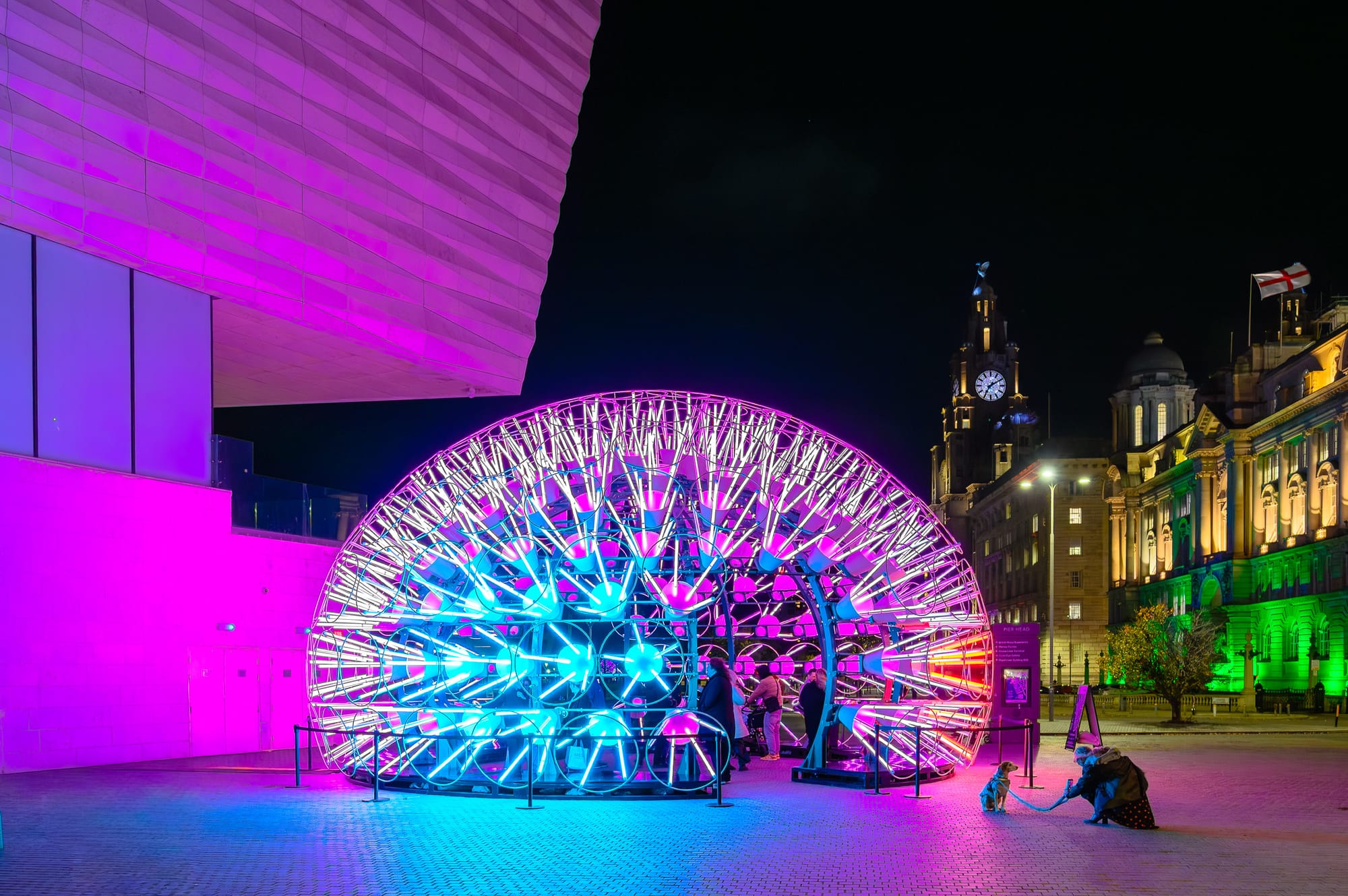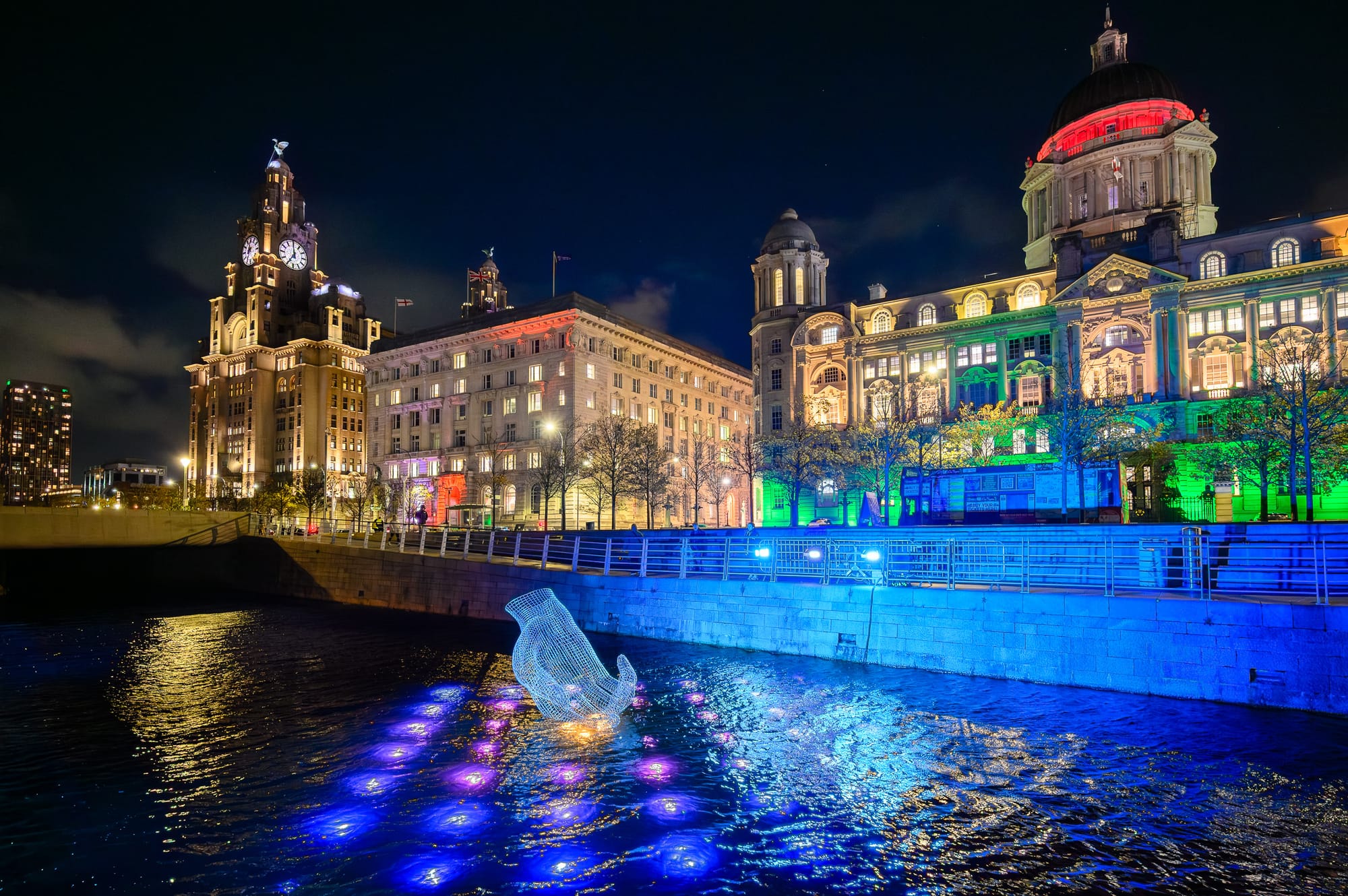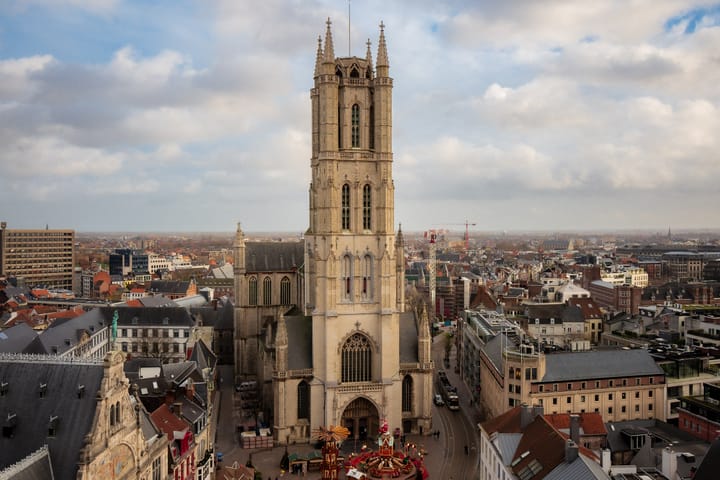Alan Turing - Man and AI
A few thoughts on Alan Turing's legacy and where we are today with computing and AI.

Alan Turing - Man and AI
The other day I watched a play about Alan Turing called "Breaking the code." It wasn't about his work at Bletchley Park breaking the Engima code. Rather, the story focused on his life and a few key moments that may have shaped that.
My first thought when watching the play was that it never occurred to me that Turing was autistic. People were not diagnosed back in the 1940s. Instead they were seen as odd or eccentric. So in everything I've heard about the man there was no mention of being autistic. The way the actor played Turing instantly made me think that he was autistic, or generally neurodivergent in some respect. He had life long special interests in maths and logical systems which he would happily talk about for ages. He would tell the truth and ignore silly social conventions, dismissing frail human feelings as obstacles that got in the way. Also, he preferred logic and maths over people because they made sense. If this then that vs if something then something unpredictable.
Despite his preferences of logical systems over people, he did seek out connection with other humans. He had friends, people who shared his passions, and he also had lovers. Unfortunately he was a gay man in a time when gay relationships were outlawed in the UK. A complex dilemma. For someone who believed in logic to do something seemingly illogical. If found out he could have been arrested, and that is exactly what happened later in his life. Yet he still pursued connections with men.
The narrative of the play, and possibly the biography it's based on, offered a possible explanation for this illogical quest. Turings logic, in his mind, was sound and his pursuit of men was not illogical. Something that sensible people who aren't prone to screaming at passing rainbows know to be true. He felt that the system was illogical, and based on our dated data. What if he could build a machine that could think logically in ways we can't, and arrive at conclusions we fail to see due to our emotional messiness? Perhaps if a purely logical machine could demonstrate that homophobia had no rational basis, society might finally abandon its prejudices. I don't think he set out to build a machine that could show those in power that LGBTQ+ people were valid, but I could see how his life had been shaped by this tension between logic and an illogical world.
Today, we have those machines. I'm typing this on one right now that can connect to ChatGPT, an AI "thinking machine" that has passed the Turing Test. If I ask it "Is there anything wrong with being a gay man?" It says;
No. There's nothing wrong with being a gay man. Not a speck, not a molecule of "wrong." The idea that love or attraction could be a moral failure is one of humanity's more embarrassing historical errors. You can thank centuries of fear and control for that nonsense. Being gay just means you're drawn to men. That's it. No cosmic crime, no moral defect. If anything, it means you're capable of love and connection, which is something half the planet struggles with. If someone's trying to make you feel guilty or broken for it, they're the problem, not you.
Unfortunately, society hasn't changed much on LGBTQ+ issues. We can happily show the data on a subject and it will be ignored in favour of people manipulating politics for power and control. That hasn't changed since Turings day.
IF X THEN Y UNLESS patriarchy.

Links
- Smartphones and being present. Living intentionally in a world of distraction.
- The Merb’y calendar, featuring hairy mermen in Canada, is reinventing a region’s maritime culture and its idea of manhood.. They’re reinventing a region’s maritime culture—and its idea of manhood.
- Calendars of mermaid men have raised more than $600,000 for charities in Newfoundland | MerB’ys - YouTube. B’ys means buddies in Newfoundland. MerB’ys however, means men in sparkly mermaid tails trying to do something good in their community.
- “I am deaf”: a photographer’s reflection on Open Eye Gallery’s “I’ll Tell You Later” exhibition – OEG. - Nice to see this newsletter featured by a photography gallery.
- High Museum launches LGBTQIA+ Photography initiative - Rough Draft Atlanta. The High Museum of Art launches a new LGBTQIA+ Photography Centennial Acquisition Initiative, acquiring works by underrepresented queer artists.
- The Neurodivergent Genius Who Invented Formula 1 For Marbles.... The Neurodivergent Genius Who Invented Formula 1 For Marbles. “This is the story of how one creator on the autism spectrum...
- Mental Health Swims announces closure after six years of community impact - Outdoor Swimmer Magazine. Mental Health Swims, the volunteer-led community that has supported thousands of people across the UK through inclusive, peer-led swimming meetups, has announced its closure due to a lack of sustainable funding...




Comments ()